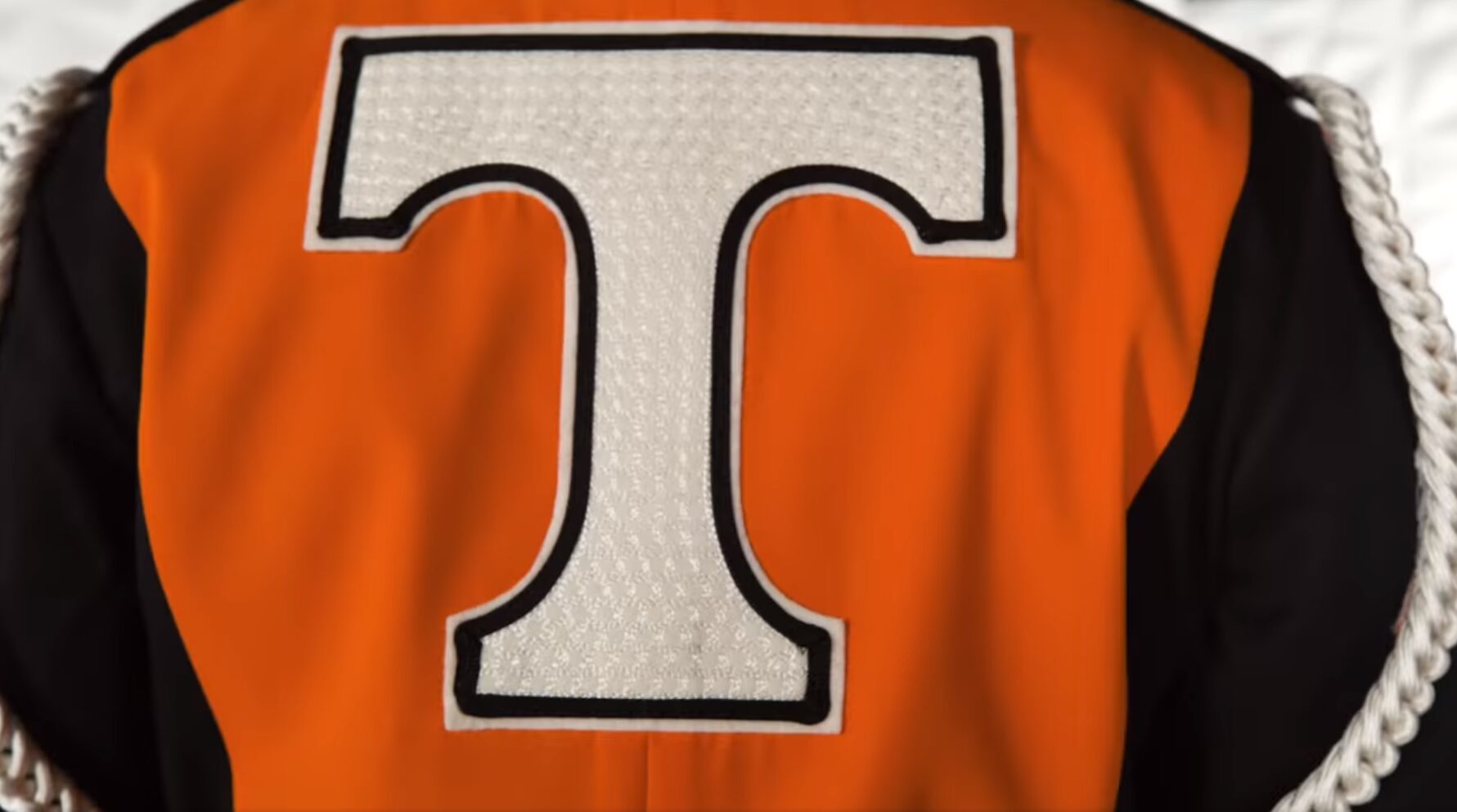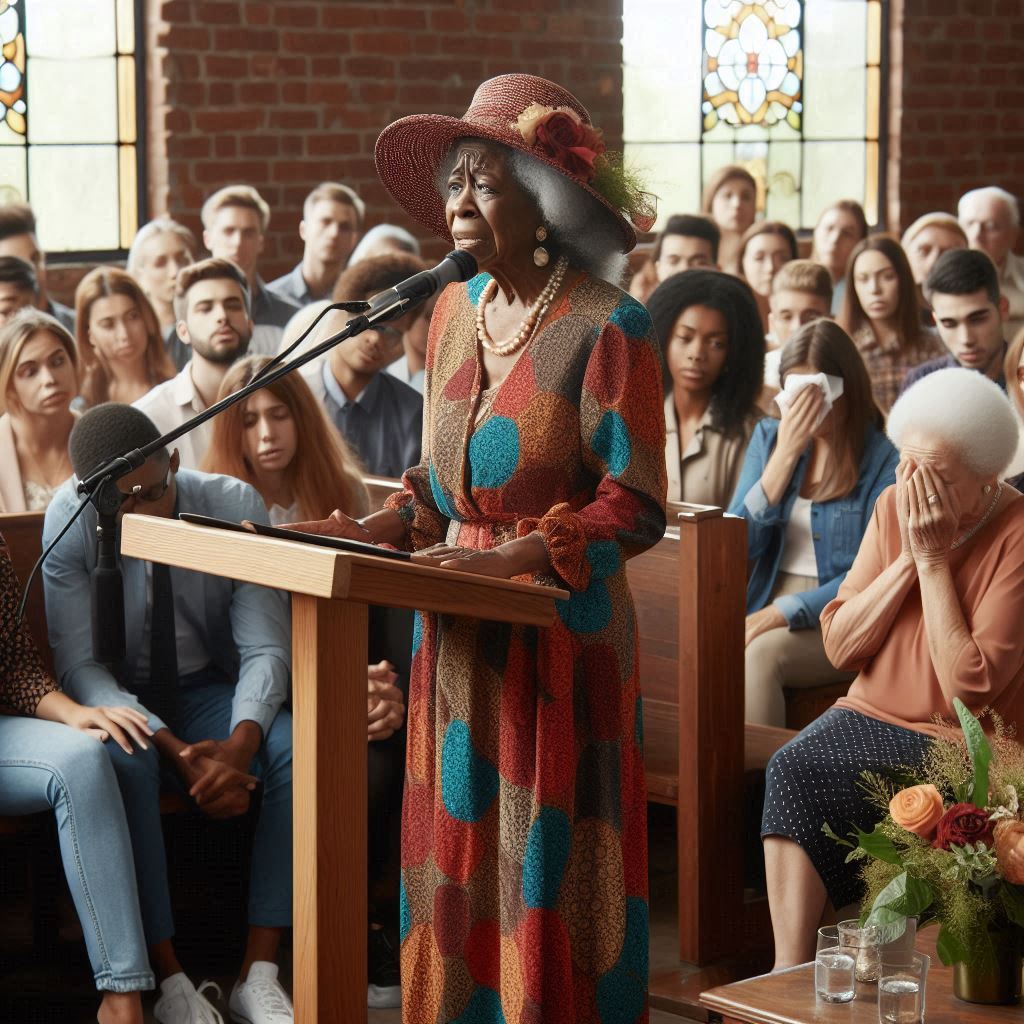There’s a sadness surrounding the recent developments involving University of Tennessee quarterback Nico Iamaleava—and not the kind that comes from a missed pass or a disappointing season. This sadness stems from a promising young athlete getting caught in the machinery of college football’s new era: Name, Image, and Likeness (NIL) deals, family pressure, and off-field negotiations that may have taken a premature toll on a bright career.
By all accounts, Nico had immense potential. He was positioned as the centerpiece of Tennessee’s offense and one of the more hyped quarterback prospects in recent memory. But now, in what feels like the blink of an eye, his future at Tennessee has unraveled—not because of injury or performance, but due to misplayed negotiations within his control and off-field dynamics largely outside his control.
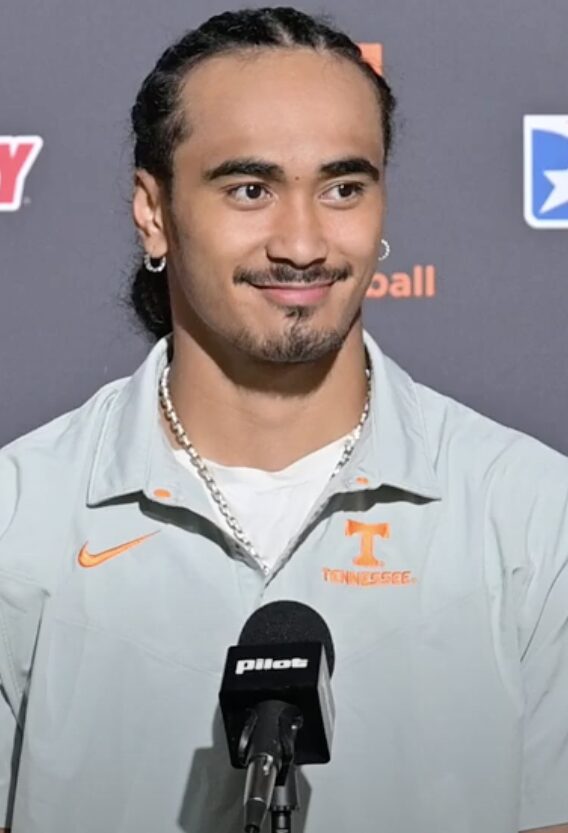
An undated press conference image of Nico Iamaleava in his days as QB-1 at the University of Tennessee.
According to reports, Nico’s father may have overplayed their hand while trying to renegotiate his son’s NIL compensation. With a $4 million asking price—nearly double the $2.2 million he was reportedly already receiving—the move seems to have backfired. Whether motivated by the belief that his son deserved more or by comparisons to other high-profile deals, it now appears the Iamaleava camp misjudged the market, the timing, and the room’s temperature.
Now, with Tennessee moving forward and Nico reportedly exploring a $1.5 million offer from UCLA, the contrast is hard to ignore. That number is not only lower than his UT compensation, but when you factor in an estimated 70% increase in cost of living in Los Angeles, the real value of the deal diminishes dramatically. In simple terms, Nico may soon be making significantly less while enduring more pressure, in a new system, under a new coach, far from the team that once embraced him.
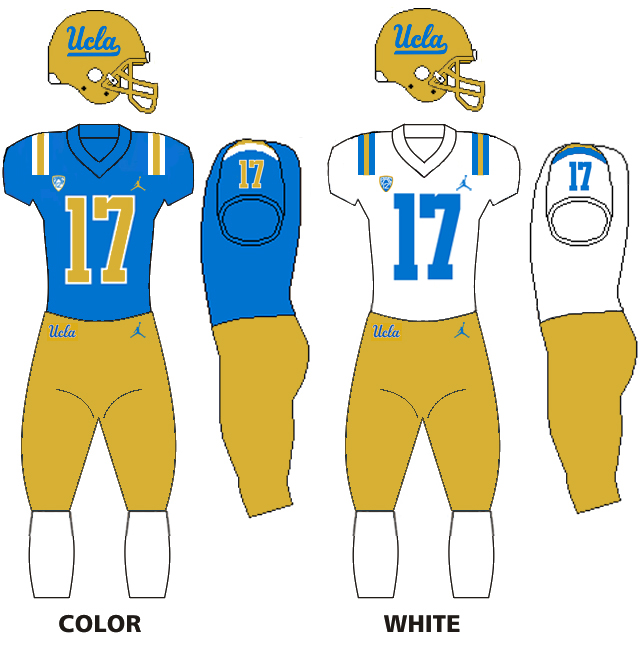
Nico will likely wear a Bruin colors in the fall of 2025.
It’s difficult not to feel that Nico—a college athlete barely old enough to rent a car—has been exploited by the very people meant to protect him. In the rush to capitalize on NIL rights, many families and handlers have entered high-stakes negotiations without the experience or humility to navigate them wisely. When that happens, the athlete is the one left to bear the fallout.
Amid all of this, Tennessee head coach Josh Heupel has demonstrated what real leadership looks like. In the face of rumors and speculation, Heupel took the high road. He didn’t throw Nico under the bus, even when sources suggest he had every right to be frustrated. Instead, Heupel made one thing crystal clear: “No one is more important than the team—not even me.” That quote stands as a powerful reminder of what college football, at its best, should be about—team unity, humility, and accountability.
Heupel’s refusal to feed the media and scapegoat Nico is especially commendable. Coaches in his position often use moments like this to score points with boosters or justify a tough season. But Heupel protected his locker room, his culture, and—in a quiet way—even the player whose camp may have caused unnecessary drama.
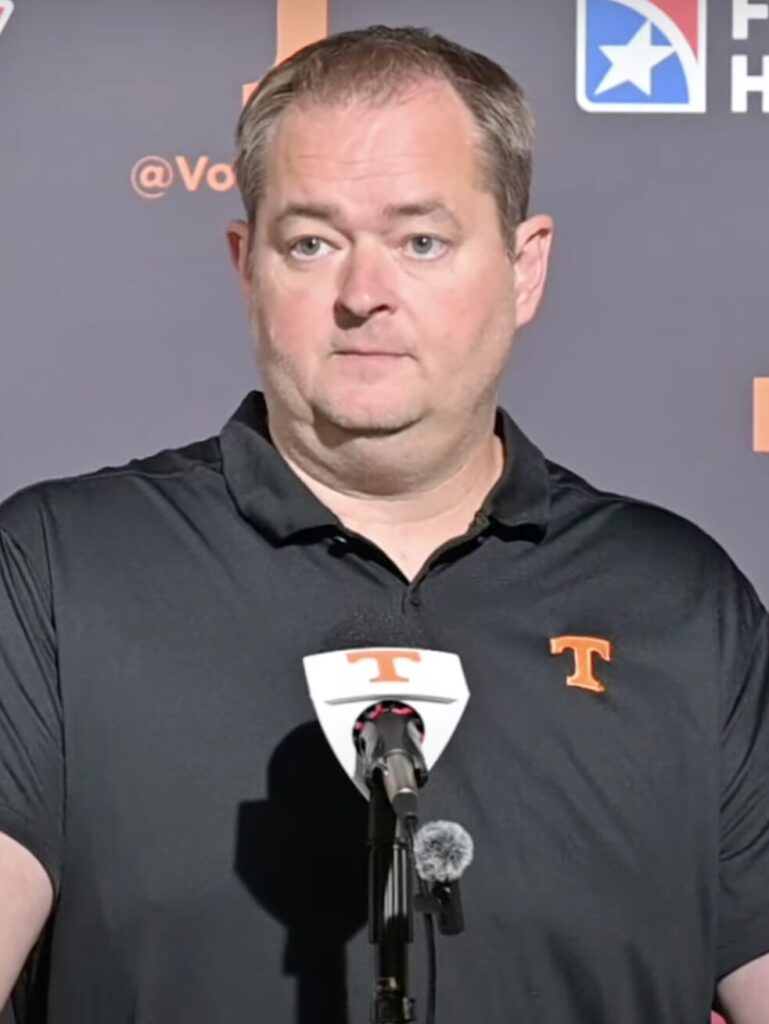
UT’s head football coach is Josh Heupel.
As this story continues to unfold, Nico Iamaleava still has the chance to write his own narrative. He’s young, talented, and likely to find opportunities wherever he lands. But the lesson here is sobering. In the new NIL era, the line between empowerment and exploitation is thin, and when crossed, it’s often the athlete who ends up with less than they started with.
While Nico’s father is reportedly trying to shift the narrative, claiming the departure isn’t about money but about offensive scheme and development, the numbers and timing make that hard to fully believe. Whether it’s about fit, finances, or family expectations, the sad truth is this: Nico may have been a casualty of the very system designed to give him freedom.
In the end, let’s hope he finds not just a team, but a support system that puts his long-term growth ahead of short-term profit. Because sometimes, in the game off the field, the scoreboard hides the real losses.
Disclosure: David Page wrote the original draft of this story, and ChatGPT edited the final copy.
